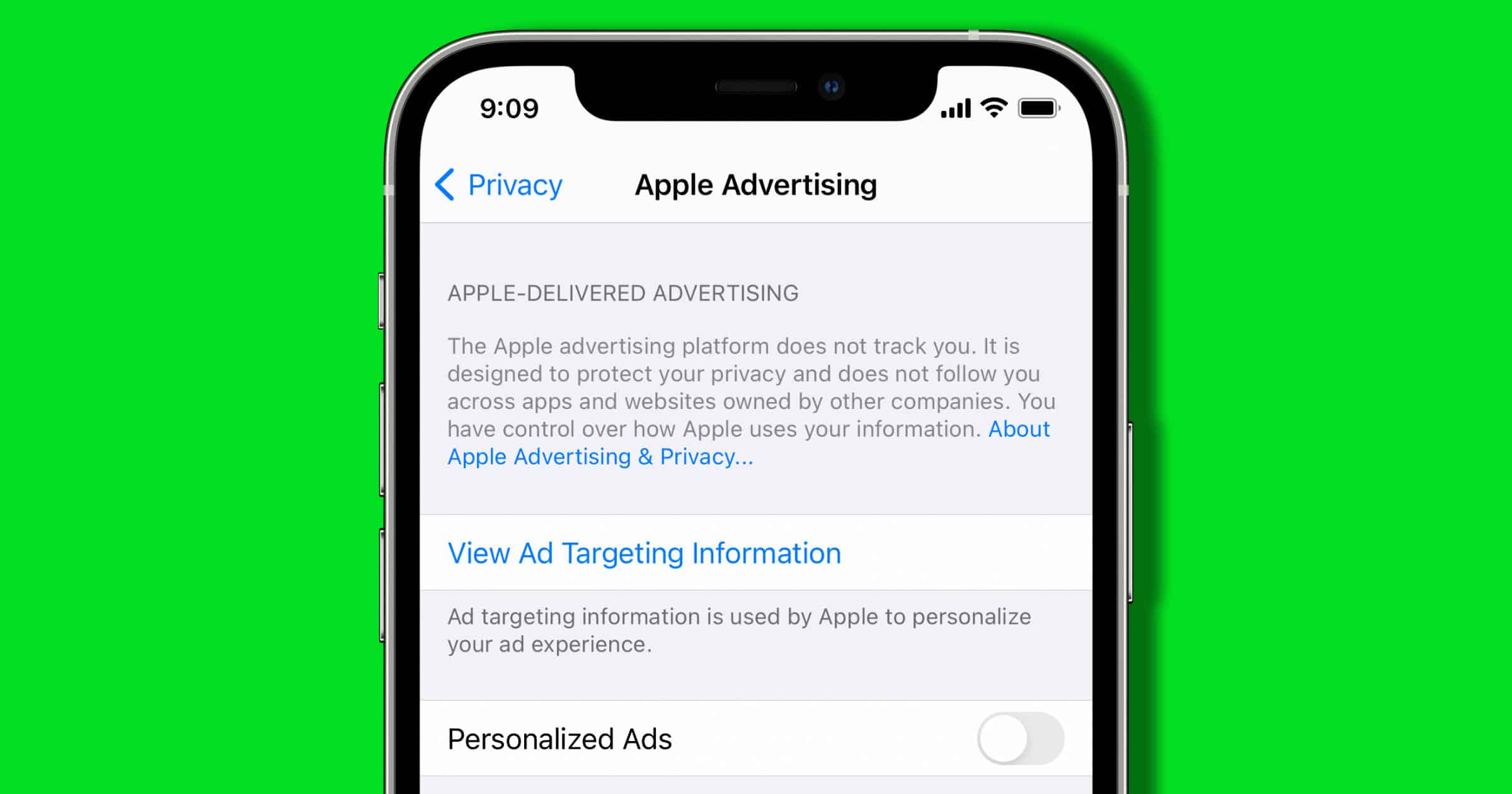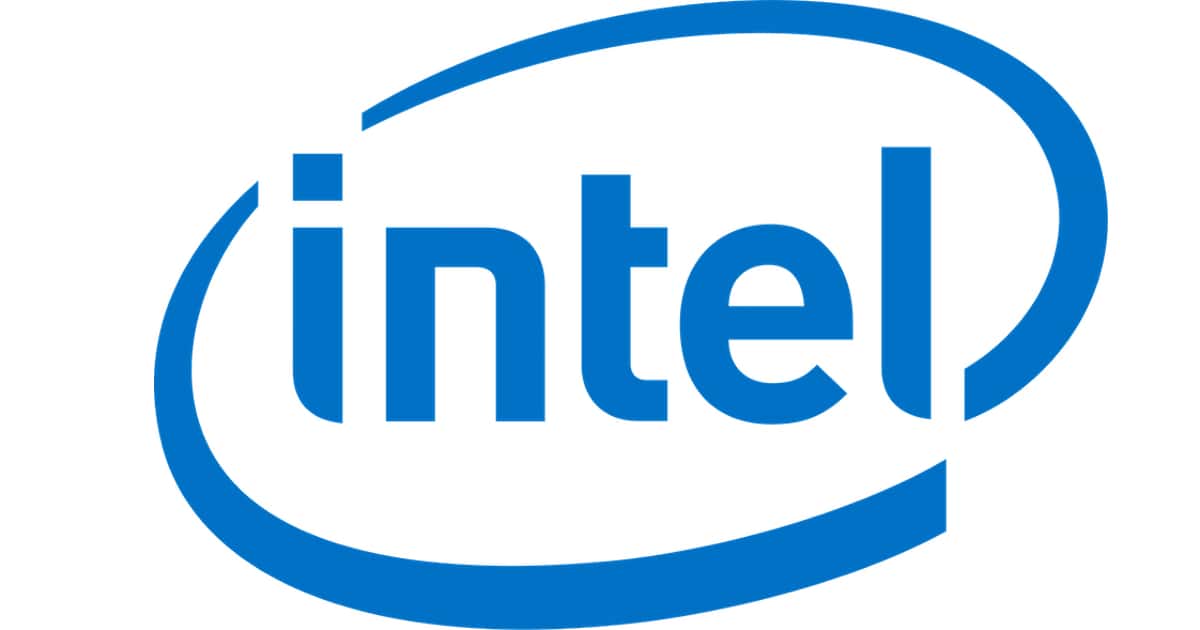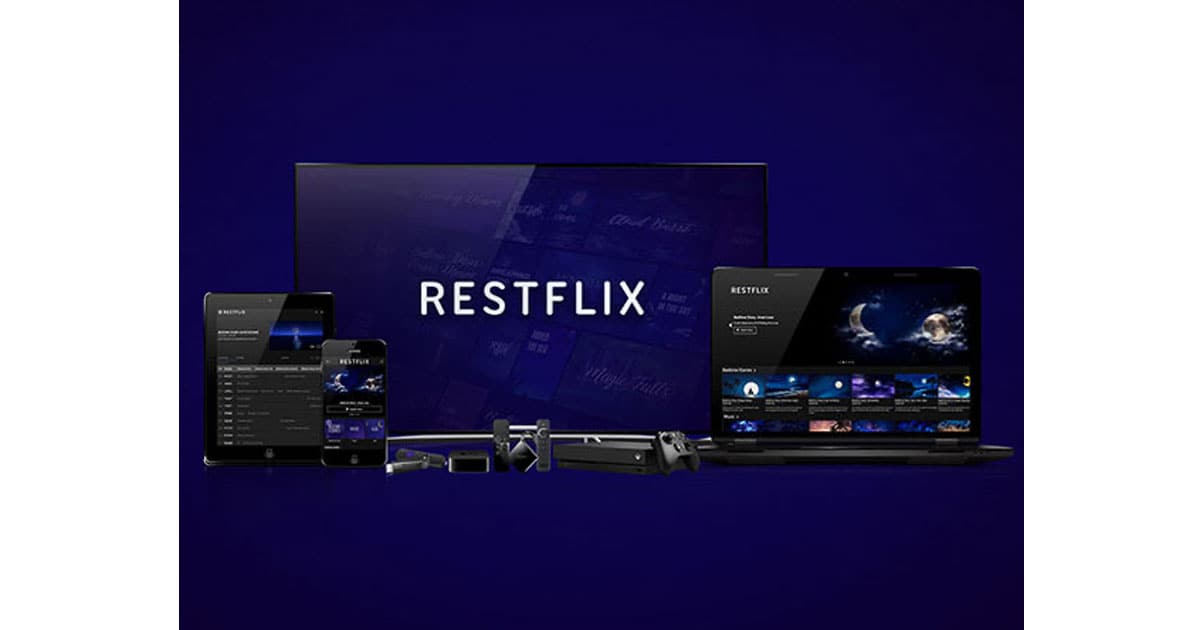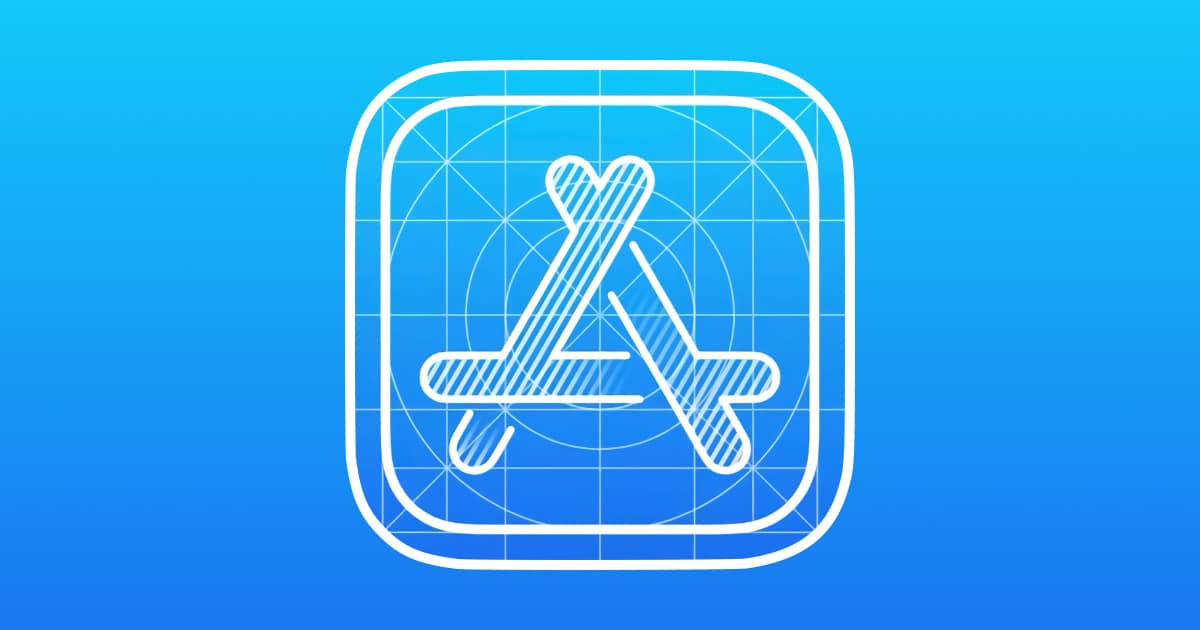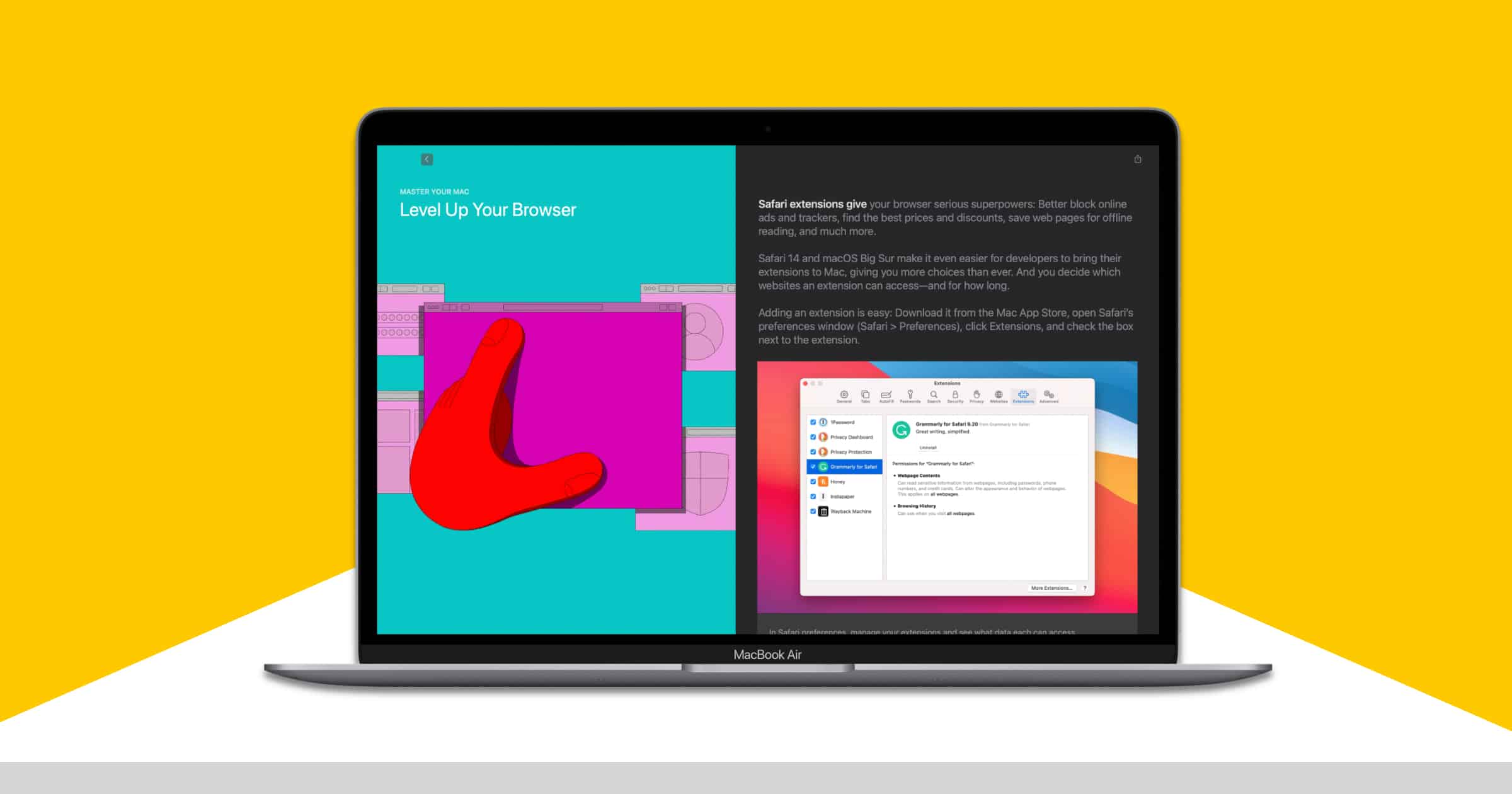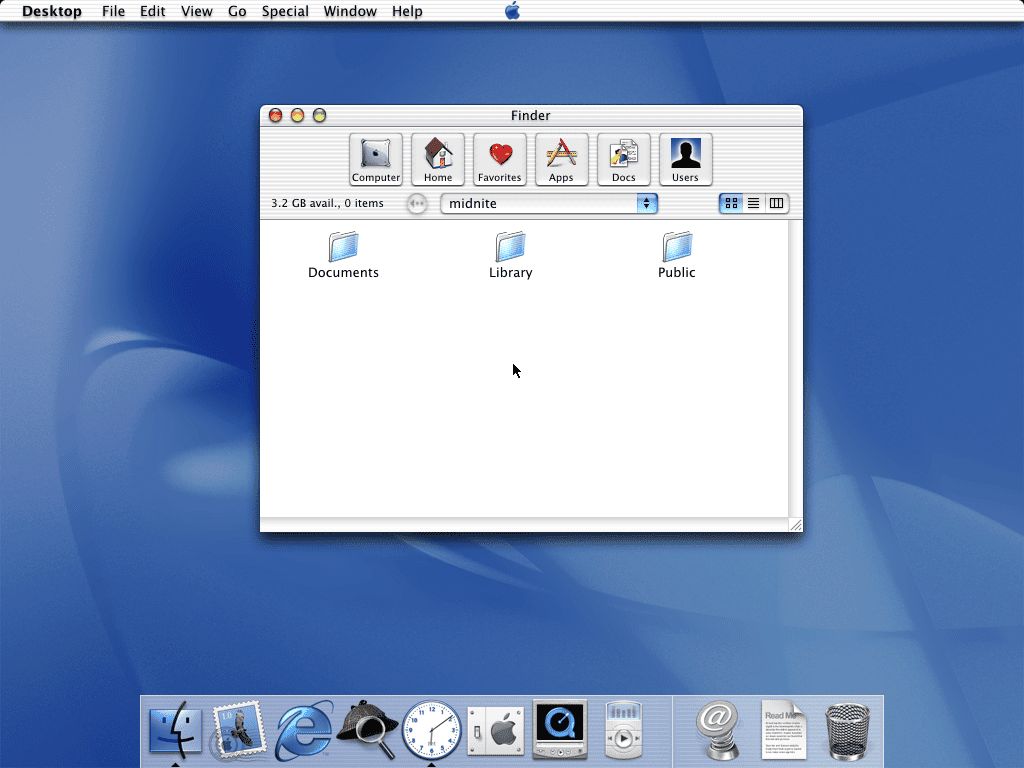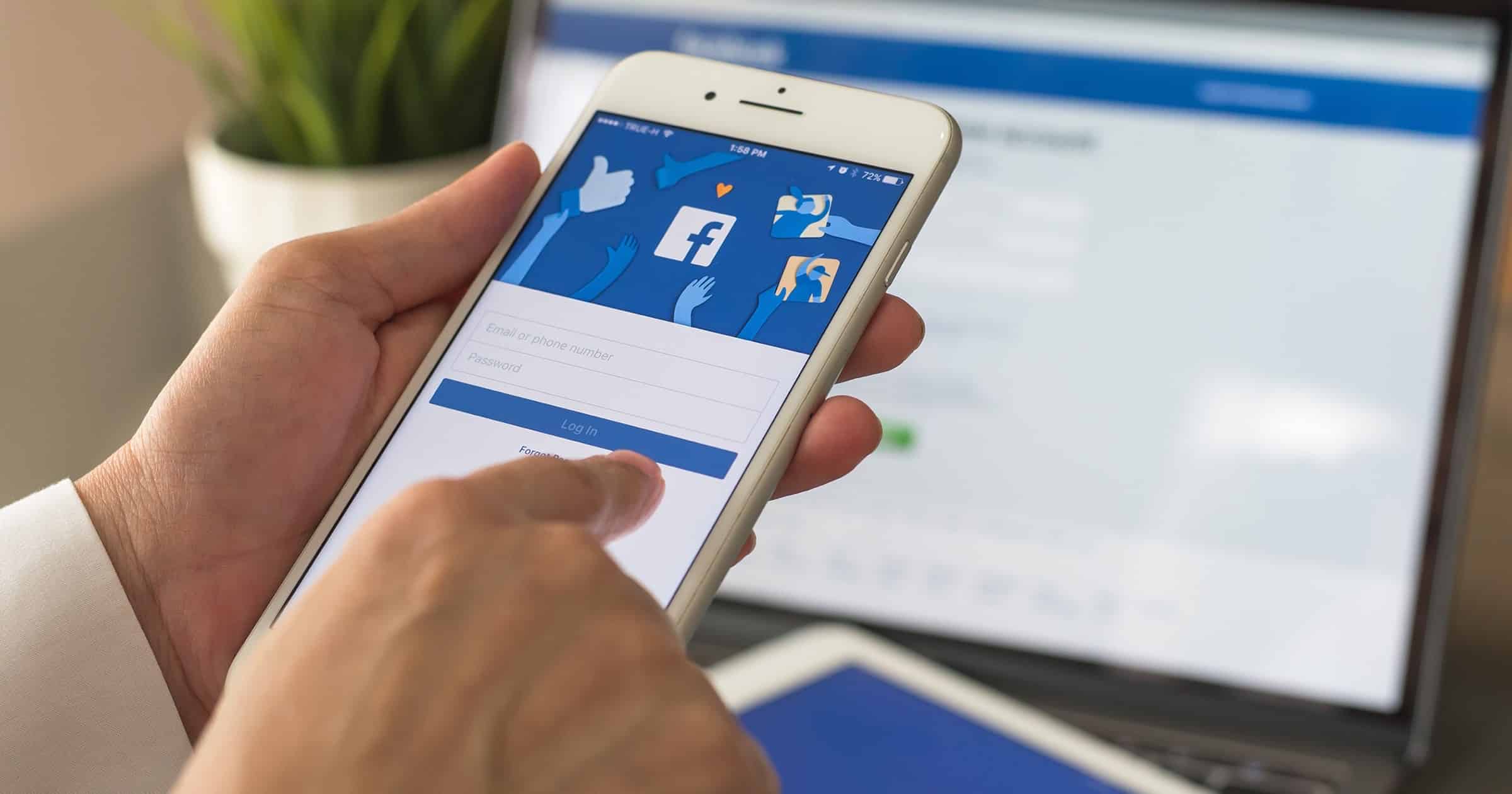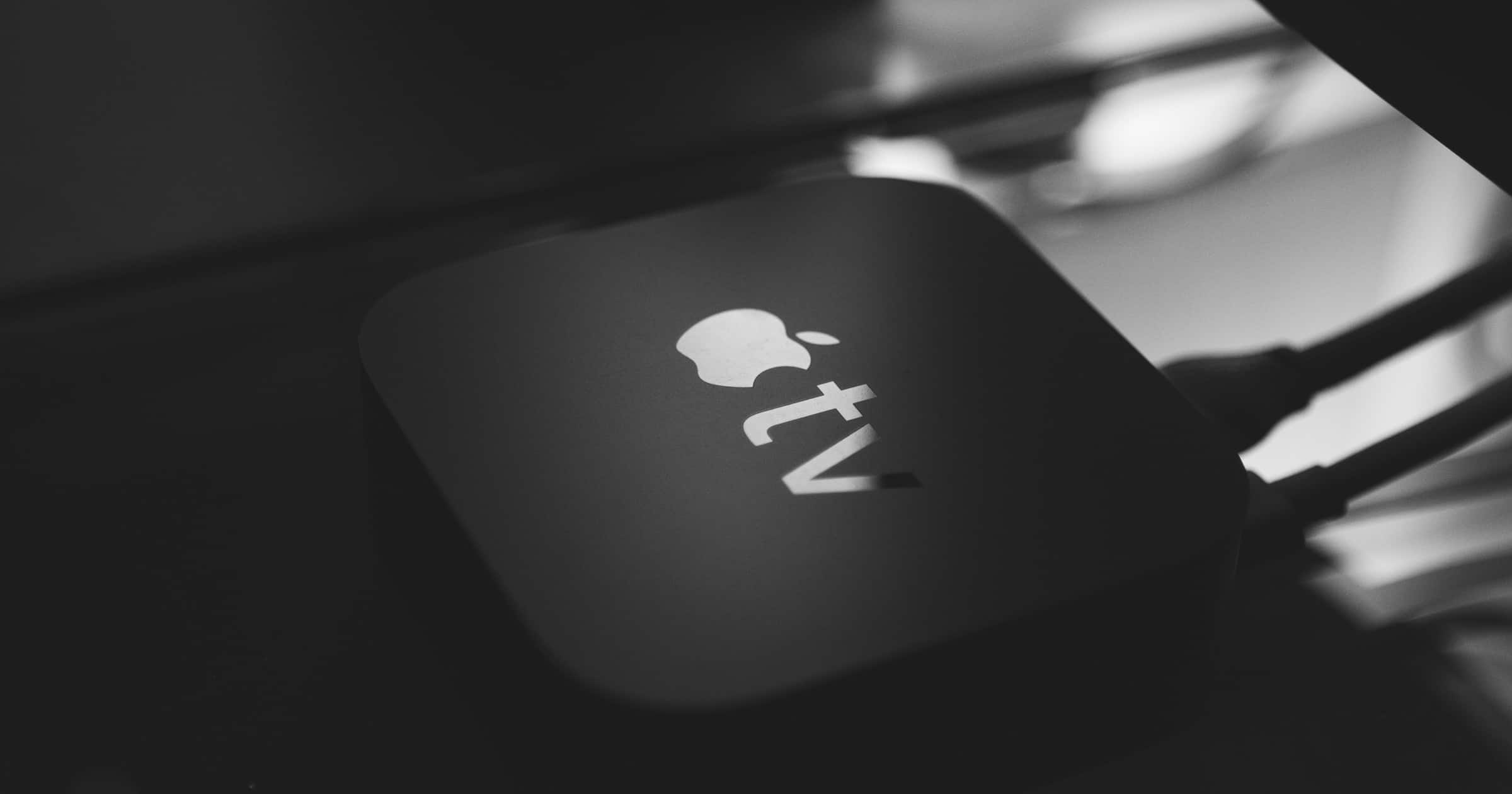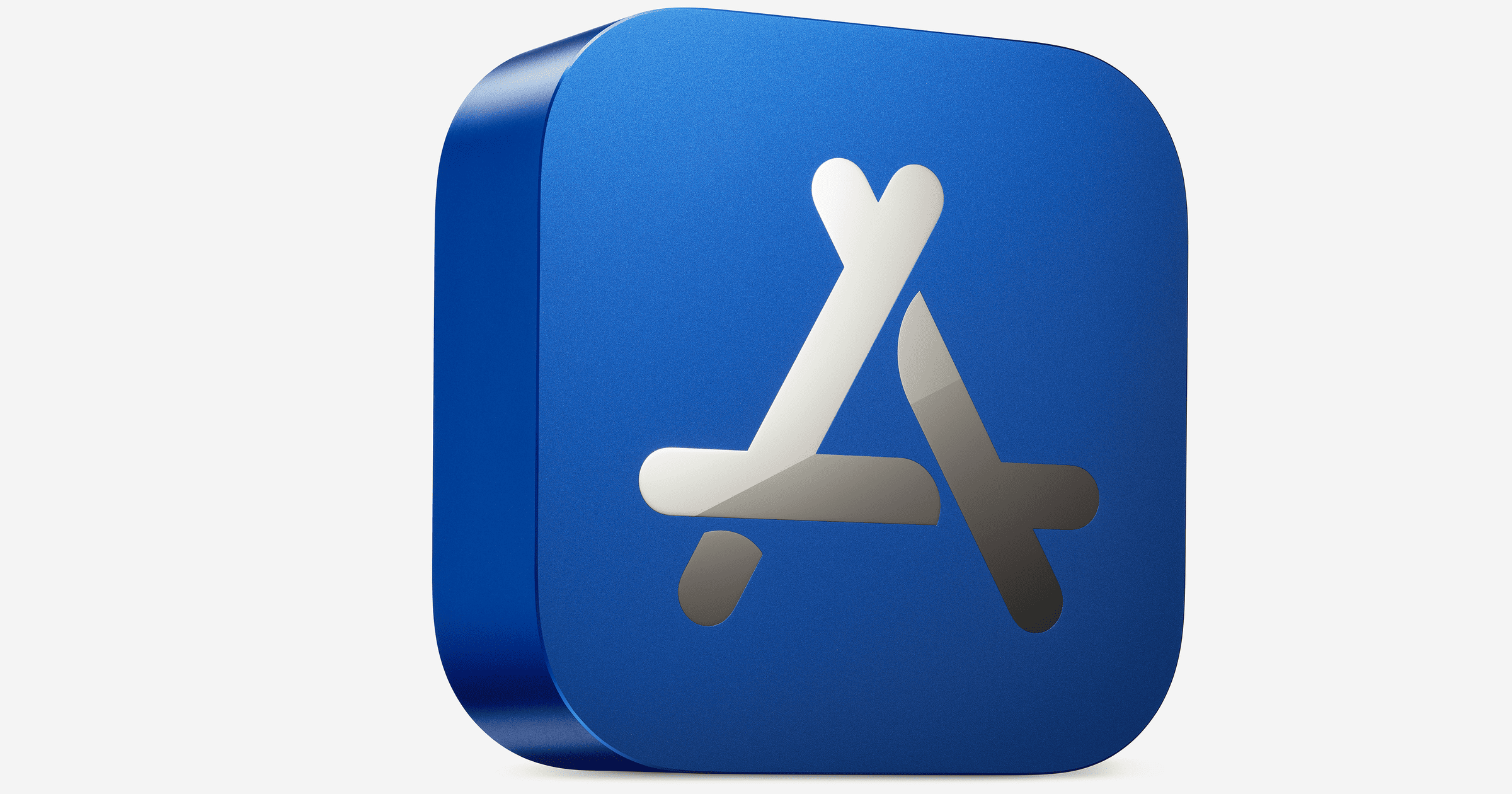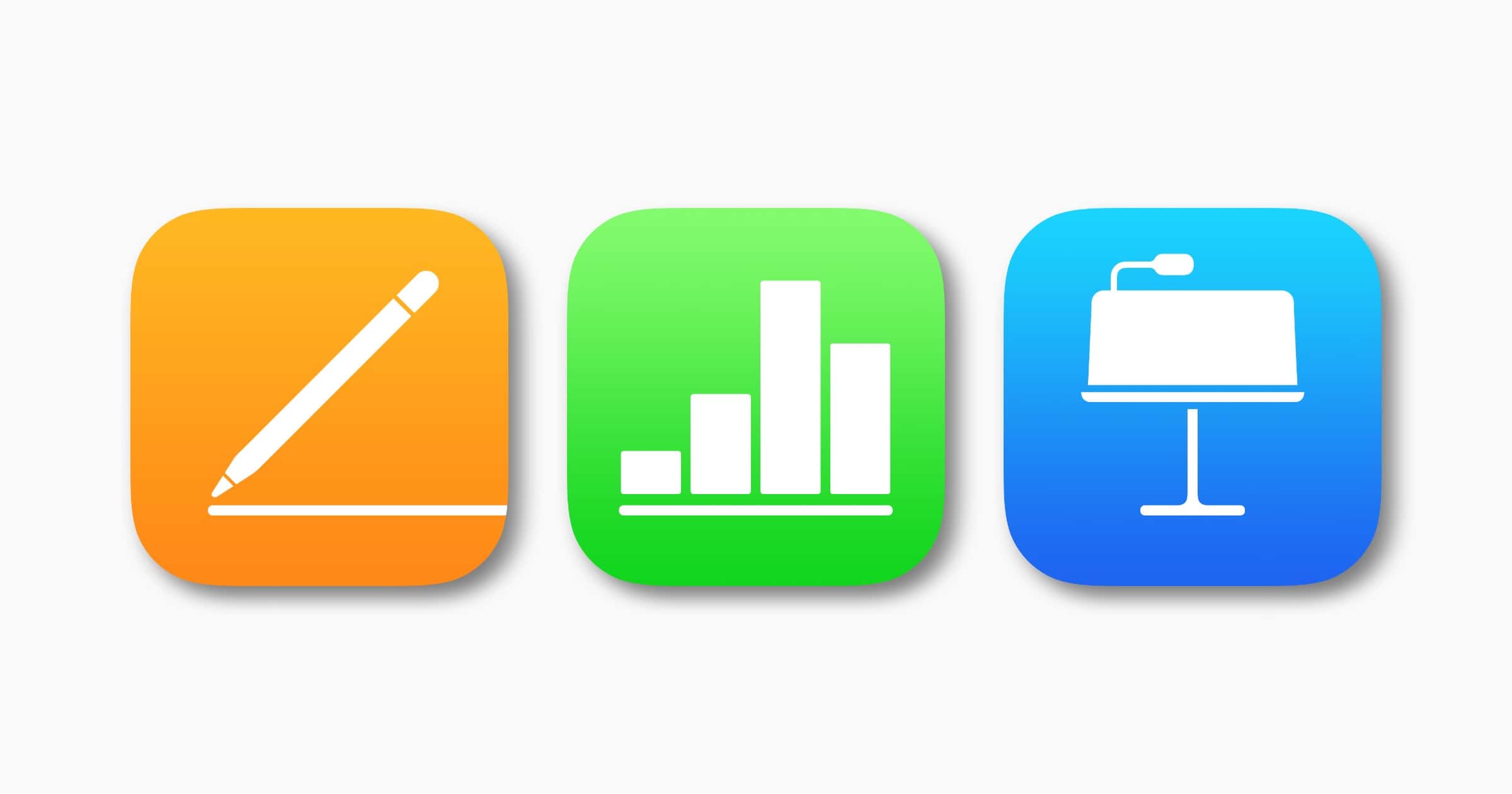CNIL, France’s data regulator, is questioning Apple’s compliance with EU privacy rules over personalized advertising.
'Competitive Fun Going on With Apple', Says Intel CEO
Intel’s recently installed CEO Pat Gelsinger indicated that he is looking to build bridges with Apple in a new interview.
Review: MPOW M30 True Wireless Earbuds
The MPOW M30 Wireless Earbuds are very good, very useable, and perfectly listenable, low-cost as AirPods alternatives.
Disney+ Price Will Increase to $7.99 This Friday
Streaming service Disney+ is increasing its price to US$7.99 this Friday, March 26.
As previously announced back in September, Disney+ subscriptions and its bundle package with ESPN+ and ad-supported Hulu are getting a price hike. Beginning March 26, subscriptions for the service will jump from $7 to $8 per month, while the annual subscription option will jump from $70 to $80 per year. The Disney+ bundle will increase from $13 to $14 a month.
Cred.ai Offers a Unicorn Credit Card Powered by AI
Cred.ai is a new fintech company that wants to help you improve your credit score with its special credit card powered by AI.
As you buy items on your credit card, Cred will automatically pay them off from your bank account—not instantly (that way, you can still build credit) and not necessarily at the end of the month (that way you don’t float too much debt at any given time, which can also hurt your credit). Even if you autopay your credit card monthly, Cred’s AI can, in theory, do better.
This is old news, but I’m sharing it because the Cred.ai app is now available in the App Store to apply. I applied for the card last night to hopefully review in the future. There is a waiting list unless you have an invite code.
Back Up Your Shortcuts Using iCloud Links With This Shortcut
Apple had some kind of issue on their end that caused iCloud links for shortcuts to stop working. Since shortcuts no longer rely on files within the Shortcuts folder in iCloud, the only way to back up your shortcuts is by generating an iCloud link. The links are working again but only for new iCloud links. Old links don’t work anymore. I’ve been using two shortcuts that I created as a backup. The first one will generate a link for every shortcut you have and create a note in Apple Notes with the links. The second one can back up a single shortcut at a time and appends it to that same note as well as a text file. They can, and should, be modified to fit your own needs and file system. Update: Multiple reports on Friday suggest that old links are working again.
Music and Videos Designed to Aid Rest, Sleep, Stress, and Anxiety: $29.99
We have a deal on Restflix, a streaming service designed to help users fall asleep faster and rest better. It features more than 20 personalized channels full of sleep meditations, bedtime stories, calming visuals, and binaural beats to harness the brain’s responsiveness to sound and help create a meditative, restful state. It also has apps for Apple TV, iOS, Roku, Android, and Fire TV. 1 year is $29.99 through our deal, and there are longer subscriptions in the deal listing, too.
Mac OS X at XX – TMO Daily Observations 2021-03-24
Charlotte Henry and Dave Hamilton join host Kelly Guimont to discuss the twentieth anniversary of the Mac OS X official release.
Brother-Sister Duo Charged With Stealing MacBooks From Stanford
Two people pleaded guilty to federal charges this week in a scheme to steal and re-sell hundreds of MacBooks from Stanford.
Castaneda was charged with thefts totaling around $4 million, while $2.3 million in stolen goods were attributed to her brother. Authorities say the computers were sold on Craigslist to an uncharged co-conspirator, a Folsom man, who resold them to people living in other states.
The article mentions approximately 800 MacBooks.
Scooter-Sharing Service ‘Lime’ Adds iOS 14 App Clips
Lime’s business involves renting out electric scooters and bikes for people, and the company updated its app to add iOS 14 App Clips.
Apple Comedy ‘Trying’ Returns for Season 2 on May 14
British comedy series “Trying” on Apple TV+ will return for season two on Friday, May 14, debuting globally.
Reasons Why Developers Prefer Testing on iOS
There are a variety of reasons why many developers prefer to launch and test their apps on iOS instead of Android. Screenrant broke down some of them, including the benefits of the greater control and uniformity found in Apple’s system.
There are many reasons why developers tend to prefer iOS over Android with a commonly suggested one being that iOS users are more likely to spend on apps than Android users. However, the locked down user base is a far more basic and important reason from the developer perspective. With iOS, developers gain access to a significant number of users and on a limited number of devices. This combination lends itself very well to apps that are still in an early and beta testing state. Essentially, the level of control developers have over the iOS experience is far greater than with Android, and that’s likely to make a significant difference when deciding which operating system to launch on first.
Fantastic Safari Extensions and Where to Find Them
Apple started moving Safari extensions to the Mac App Store in 2017. Here’s where to find and install extensions to add extra functions to Safari.
Connect DMs Turns Slack Into a Fully-Powered Messaging App
Slack, the increasingly popular update, has launched a new system that allows all users to privately message each other (T&Cs apply). Protocol outlined how it is trying to be the go-to destination fo all business communications.
The new system is called Connect DMs, and works a bit like the messaging apps and buddy lists of old: Users send an invite to anyone via their work email address, and once the recipient accepts their new contact is added to their Slack sidebar. The conversations are tied to the users’ organizations, but exist in a separate section of the Slack app itself. Connect DMs turns Slack from an app for chatting with co-workers into an app for chatting with anyone. It puts Slack on par with both enterprise tools like Microsoft Teams and free consumer services like WhatsApp and Facebook Messenger. “When someone opens up their phone,” said Ilan Frank, Slack’s VP of product, “if they’re connecting with their friends, they click on Facebook or WhatsApp. If they’re connecting with someone they work with, regardless of where that person works, they should be clicking on Slack.”
[Update March 25: Slack Has to Reverse Course on Connect DMs Feature After Harassment Concerns]
Mac OS X is 20 Years Old Today
On March 24, 2001, Apple launched Mac OS X. MacRumors has a really nice summary of the profound shift that came about following the arrival of ‘Cheetah’, and how it transformed both Apple and how we use its products.
Mac OS X was introduced at the January 2000 Apple keynote at the Macworld Expo. Steve Jobs at the time said that Mac OS X would “delight consumers with its simplicity and amaze professionals with its power.” He also said it was the “most important software” from Apple since the original 1984 Macintosh operating system. The Aqua interface introduced the now well-known Dock for easy access to applications and documents, plus it included Apple’s revamped Finder for file management. And, of course, Aqua was most well-known for its iconic look, which included translucent scroll bars and buttons. Other features included advanced power management to let iBooks and PowerBooks wake from sleep instantly, dynamic memory management, and Apple’s Quartz 2D graphics engine for “stunning graphics” and broader font support. It came with QuickTime 5, iMovie 2, iTunes, and AppleWorks (Apple’s productivity software at the time).
Facebook's Content Moderation Rules Revealed
Facebook has public guidelines, but the advice on which content moderators base their decisions is a closely guarded secret. The Guardian, however, has got hold of a copy of the 300-page document. It goes into minute detail, including dictating which emojis count as “praise” or “condemnation.”
A particular area of contention surrounds what are defined as dangerous individuals and organisations. In the leaked documents dating from December 2020, moderators for Facebook and Instagram are instructed how to define “support” for terrorist groups and other “dangerous individuals”, whether to distinguish between “explaining” and “justifying” the actions of terrorists, and even in what contexts it is acceptable to call for the use of “gas chambers”. While Facebook’s community guidelines – once almost entirely hidden from the view of users – have been public since 2018 when it first laid out in a 27-page document what it does and does not allow on its site, these newly leaked documents are different. They constitute much more detailed guidelines on what the published rules mean in practice. Facebook has long argued that to publish the full documents would be counterproductive since it would let malicious users avoid a ban for deliberately borderline behaviour.
Making The Case For The Apple TV
Over on AppleInsider, Neil Hughes has put forward the case for defense for the Apple TV. He also suggested some different directions the device could be taken in. It works nicely alongside Tuesday’s episode of Media+!
If the Apple TV is to ever be promoted from its “hobby” status, that probably means that Apple would need to enhance and grow the product lineup with more options. So perhaps that means it employs a few of the potential outcomes outlined above, allowing the company to hit various price points and needs. It’s not difficult to envision a premium Apple TV with soundbar and/or built-in Siri smart home capabilities, being sold alongside an inexpensive $50 stick with access to the tvOS App Store limited to streaming apps. And perhaps in the middle there could be a gaming-focused model, shipping with a controller but not focusing on the extraneous voice and smart home controls that gamers might not care about.
Apple Releases macOS Big Sur 11.3 Beta 5 and iOS 14.5 Beta 5 to Developers
Apple has released the fifth developer betas of macOS Big Sur 11.3, iOS, iPadOS, and tvOS 14.5, as well as watchOS 7.4 beta five.
Longtime App Store Developer Relations Boss Ron Okamoto Retires
Ron Okamoto has retired as Apple’s Vice President of Developer Relations and has been replaced by marketing exec Susan Prescott.
Apple Updates Pages, Numbers, Keynote to Version 11
Apple’s iWork suite featuring Pages, Numbers, and Keynote have been updated to version 11, with new features like precise editing controls.
You (Really) Don't Need That SCSI Cable – TMO Daily Observations 2021-03-23
Bryan Chaffin joins host Kelly Guimont to chat about “spring cleaning” from a tech perspective, from unused phones to Son of Box Of Cords.
Apple Studios in Talks to Finance ‘The Greatest Beer Run Ever’
Apple Studios is rumored to be in talks to finance “The Greatest Beer Run Ever” starring Zac Efron and Russell Crowe.
Why Does The Apple TV Still Exist? — Media+
Jason Snell and host Charlotte Henry discuss the future of the Apple TV – not the app, nor the service, but the box. They ponder whether Apple should revamp it, kill it, or just leave it be, and analyze how it fits with the company’s broader media and services strategy.
Global Semiconductor Chip Shortage is Becoming a Crisis
The world’s supply of semiconductor chips has faced shortages due to COVID-19, but things have gotten worse.
PlayStation 5 and Xbox Series X shortages are just the tip of the iceberg. Big phone launches from companies like Apple and Samsung have been postponed, new graphics cards are still hard to find, and all over the world car manufacturers are either scaling back production or piling unfinished cars up in parking lots while they wait for the chips needed to power their software systems.
Darn it, I’m looking forward to the upcoming Nintendo Switch refresh.
